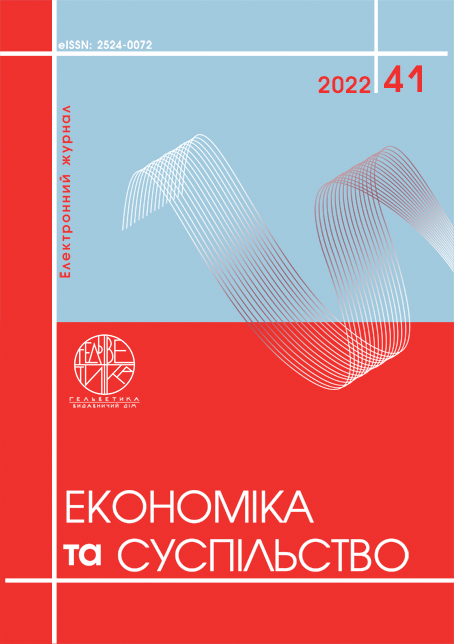THE PECULARITIES OF THE COMPETITIVENESS OF THE TOURISM SECTOR OF THE REPUBLIC OF MOLDOVA
Abstract
In the current economic conditions, tourism specialists are of the opinion that tourism is one of the sectors with the highest potential to provide economic growth and development at the national and international level. A growing tourism sector can effectively contribute to employment, increase national income and also make a decisive impact on the balance of payments. Thus, tourism can be an important engine of economic growth and prosperity, especially in countries with economies in transition, being a key element in reducing poverty and regional disparities. Despite its contribution to economic growth, the development of the tourism sector can be hampered by a series of economic and legislative obstacles that can affect the competitiveness of this sector. The tourism sector in the Republic of Moldova has faced a lot of obstacles, currently going through the most difficult period in its recent history. Starting from 2020, international and national tourism was faced with serious problems generated by the COVID-19 pandemic, followed by the economic crisis, the increase in the prices of oil products, as well as climate change, etc. But, not looking for these aspects of shock, the sector continues its activity and is currently experiencing a gradual recovery and gratifying results. In this context, the World Economic Forum proposes, through the Travel and Tourism Development Index, in addition to a methodology for identifying the key factors that contribute to increasing the competitiveness of tourism, and tools for analyzing and evaluating these factors. Through this indicator, it can be used in the analysis of the degree of competitiveness of the sector in relation to other countries. In this context, this paper aims to analyze the determinants that are the basis of the Travel and Tourism Development Index, in order to highlight the effects of communication on competitiveness in the tourism sector. The purpose of this analysis is to provide some answers, which can explain the performances but also the particularities of the tourism sector in the Republic of Moldova that could help in the development of strategies for the development of this sector.
References
Campos-Soria, J.A., García, L. González, García, M.A. Ropero (2005), ”Service quality and competitiveness in the hospitality sector”, Tourism Economics, Vol. 11, No 1, pp. 85–102.
Hassan, S.S. (2000), ”Determinants of market competitiveness in an environmentally sustainable tourism industry”, Journal of travel research, Vol. 38, pp. 239–245.
Navickas, V., Malakauskaite, A. (2009), ”The possibilities for the identification and evaluation of tourism sector competitiveness factors”, Inzinerine Ekonomika-Engineering Economics, Vol. 1, pp. 37–44.
World Economic Forum Report ”Travel and Tourism Development Index 2021”. Available at: https://www3.weforum.org/docs/WEF_Travel_Tourism_Development_2021.pdf
World Economic Forum Report ”Travel and Tourism Development Index 2019”. Available at: https://www3.weforum.org/docs/WEF_TTCR_2019.pdf
World Economic Forum Report ”Travel and Tourism Development Index 2017. Available at: https://www3.weforum.org/docs/WEF_TTCR_2017_web_0401.pdf
Statistics of tourismю Available at: https://statistica.gov.md/public/files/publicatii_electronice/Anuar_Statistic/2021/11_AS.pdf


